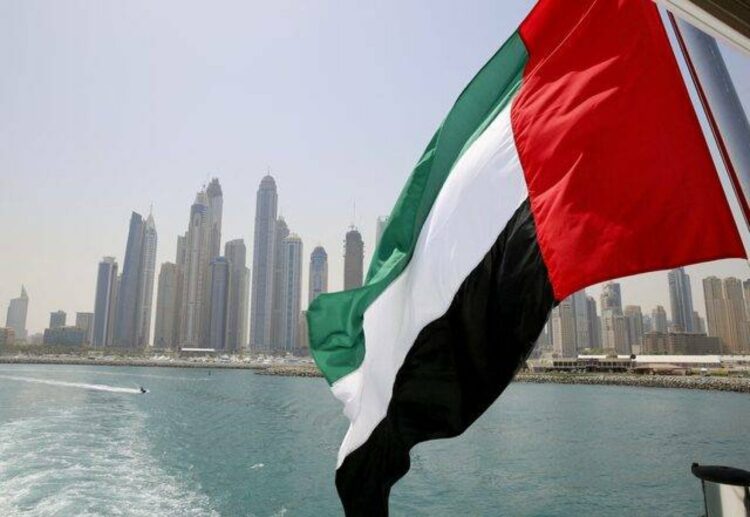The recent announcement that the United Arab Emirates (UAE) had lifted its three-year travel ban on Nigeria was initially met with widespread excitement among Nigerians.
However, the celebratory mood was short-lived as conflicting reports and stringent new conditions cast doubt over the ease of travel between the two nations.
On Monday, Nigerians were thrilled by the news that the UAE had lifted its travel ban, promising a resumption of normal travel relations.
This optimism was tempered when Mohammed Idris, Nigeria’s minister of information and national orientation, revealed that the resolution included conditions described as “mutually beneficial” but also potentially burdensome. Central to the controversy is the requirement for Nigerians to obtain a Document Verification Number (DVN) before applying for a UAE visa.
The DV hub, which provides this service, states that it is a specialized process designed to authenticate and verify documentation essential for visa applications.
However, the cost of obtaining a DVN is a non-refundable N640,000, excluding VAT, per application, and does not include the visa fee itself.
Additionally, applicants must provide a six-month bank statement showing a minimum balance of $10,000, a condition that has been met with skepticism and criticism from Nigerian citizens. Many have labeled these requirements as a de facto “constructive ban,” effectively maintaining travel restrictions under a different guise.
To further complicate matters, the UAE’s department of economy and tourism has denied any knowledge of the DVN requirement.
When contacted for confirmation, the department distanced itself from the DV hub website, clarifying that it is not affiliated with the UAE government. The department referred inquiries to Dubai’s general directorate of residency and foreigners’ affairs (GDRFAD).
“You will need a personal photo and a copy of your passport which must have at least six months of validity,” the GDRFAD explained, outlining the standard process for obtaining a UAE visa.
The cost of a tourist visa ranges from 200 to 300 dirhams (approximately N60,000 to N90,000) depending on the length of stay. Applicants must also provide a travel ticket and valid medical insurance within the UAE.
When asked specifically about the $10,000 bank balance requirement, the GDRFAD stated, “We are not aware of such requirements. Make your visa applications through the GDRFAD.” This response has only added to the confusion and frustration among Nigerians eager to travel to the UAE.
Eche Abu-Obe, spokesperson for Nigeria’s ministry of Foreign Affairs, told TheCable that the ministry would seek clarification on the DVN from its office in the Middle East. In the meantime, Nigerian travelers remain in a state of uncertainty, unsure of which conditions are legitimate and how to proceed with their travel plans.
The situation highlights the challenges faced by Nigerians in navigating the visa application process amid conflicting information and opaque bureaucratic requirements. As authorities on both sides work to resolve these issues, many Nigerians are left wondering whether the lifting of the travel ban will truly translate into easier access to the UAE.
For now, the anticipated restoration of travel ties between Nigeria and the UAE hangs in the balance, with potential travelers caught in a web of verification processes and financial hurdles. The hope is that clearer communication and cooperation between the two governments will soon provide a definitive resolution to this ongoing saga.




